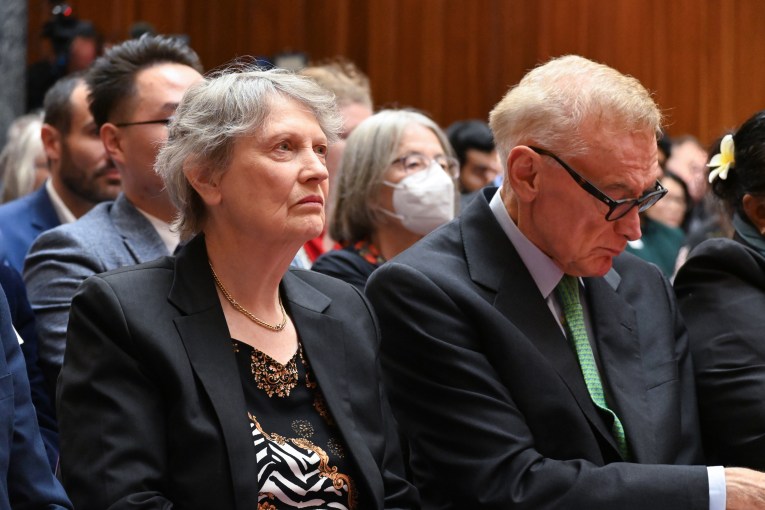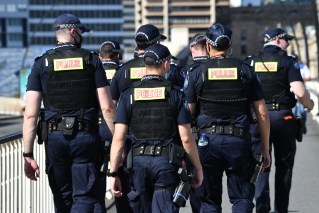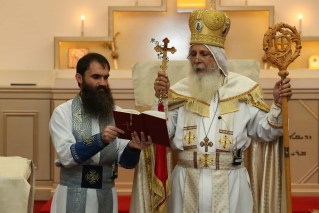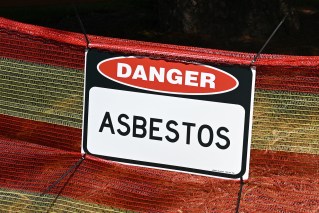Electoral redistribution creates new headache for Turnbull government
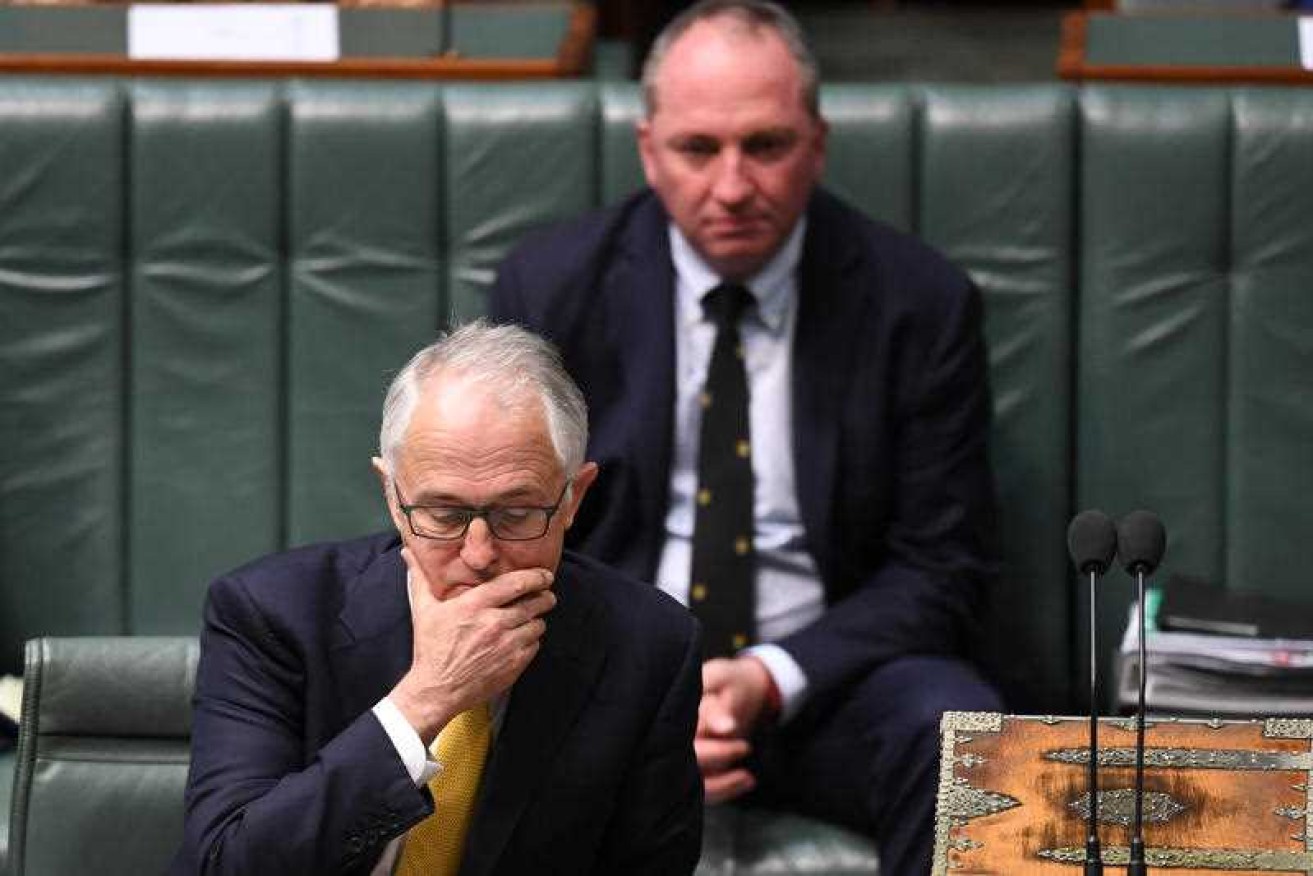
An AEC redistribution could cause another headache for Malcolm Turnbull's government. Photo: AAP
The creation of two new electorates in Victoria and the ACT, and the loss of one in South Australia, is tipped to benefit the Labor Party at the next federal election.
The Australian Electoral Commission’s (AEC) redistribution could cause political headaches for the Turnbull government if an early election is called, with battle lines to be redrawn.
The redistribution will increase the number of seats in the House of Representatives from 150 to 151, although details of the new seats are yet to be announced.
The AEC’s decision is based on population growth and decline.
Victoria’s population has been booming and the ACT’s has been steadily increasing. South Australia’s has been in sharp decline.

Christopher Pyne’s Adelaide seat of Sturt could be one of the electorates affected. Photo: AAP
Electoral Commissioner Tom Rogers said there would be another meeting on Friday to start the process of redistribution, which could take months.
“Redistribution committees will be appointed and the public will soon be invited to make suggestions and comments on matters affecting the drawing of federal electoral boundaries and the naming of electoral divisions,” he said.
The number of seats in South Australia will drop from 11 to 10 and there are a number of options to be considered by the AEC.
The seat of Makin, held by Labor MP Tony Zappia, could be absorbed into the seat of Sturt, which is currently held by Defence Industry Minister Christopher Pyne.
That would mean the Coalition frontbencher’s currently safe seat would include the Labor voters of Adelaide’s northern suburbs, making his chances of re-election more difficult.
The two large regional divisions of Barker and Grey held by Liberal MPs Rowan Ramsey and Tony Pasin could be amalgamated, leaving one MP out of a job.
That would reduce the Coalition’s numbers in the Lower House and Mr Ramsey has already warned against creating a division that covers 98 per cent of the state’s land mass.
The seat of Mayo, which is traditionally a Liberal seat now held by the Nick Xenophon team’s Rebekha Sharkie, could be abolished with votes shared by neighbouring electorates.
Mr Pyne has already blamed the loss of a seat on the Premier Jay Weatherill’s government.
“It really underlines the failure of the state Labor Government in this state not to create the kind of economy and the jobs necessary to keep and attract young people and families to this state,” Mr Pyne said.
The number of Victorian seats will increase from 37 to 38, but ABC election analyst Antony Green warns the redistribution could take longer than in South Australia.
The population growth in Victoria is strongest in the north-west of Melbourne, in a cluster of Labor seats like McEwan, Gorton and Lalor.
But the redistribution may also have political implications across the state, which has had the same number of seats since the mid-1990s.
“If you rearrange the boundaries by adding a new seat, there may be a lot more changes to other seats that create margins in Victoria,” Green said.
The redistribution could have implications for Melbourne Ports, where the Greens are trying to unseat Labor MP Michael Danby, or in eastern suburbs of Bruce and Chisolm.
“When you add or remove a seat, it causes quite major changes right across the state,” Green said.
A new seat in the ACT is likely to be filled by the Labor Party but it could trigger preselection battles within Labor and a potential challenge from the Greens, who poll well in central Canberra.
A third seat would also reduce the size of existing Fenner and Canberra seats, held by Labor MPs Andrew Leigh and Gai Brodtmann.
ACT politicians have been calling for more representation in federal Parliament for years, given it has only two senators and Tasmania, which has a similar population, has 12 senators.
The ACT’s population has grown fastest in the northern region of Gungahlin – in Mr Leigh’s electorate of Fenner – which has added 71,000 residents in the last five years.
